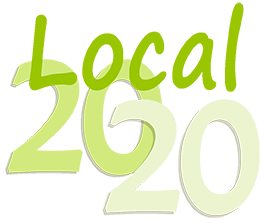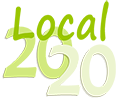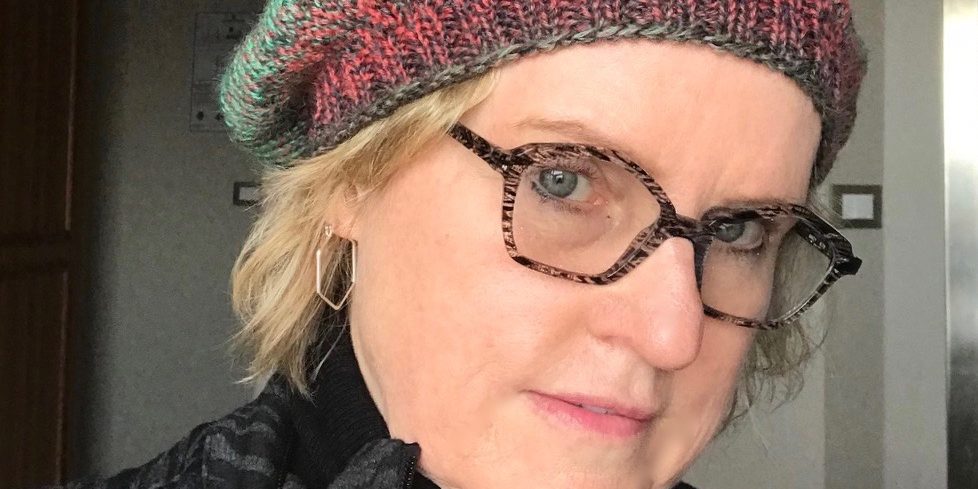Here is Local 20/20’s regular Resilience Review column in the Port Townsend Leader. A similar version was published in the 1/27/21, and this has been updated a few times since that article.
Kalama Methanol Refinery and the Thin Green Line
By Polly Lyle
Jefferson County sits on the Thin Green Line–the British Columbia, Washington, and Oregon region lying between fracked gas and tar sands/shale oil sources and their markets. These fossil fuels are transported by pipelines and trains to Pacific Northwest coastlines and riverbanks for processing and loading on to ships travelling to Asia and elsewhere.
The proposed Northwest Innovation Works (NWIW, Chinese-government supported) Kalama methanol refinery is a case in point. This facility would be one of the world’s largest fracked gas-to-methanol refineries.
A small town on I-5, Kalama sits on ancestral lands of the Cowlitz and Chinook Peoples,on the Columbia River 72 miles from the Pacific Ocean. Fracked gas from Montney Shale in British Columbia/Alberta would be delivered to Kalama via a new, 24-inch, 3.1-mile extension off the existing Williams Northwest Pipeline. Methane isolated from the fracked gas would be converted to liquid methanol through a process requiring up to 3,600 gallons of water/minute. The 242-foot stack’s vapor plume would be up to 3 miles long.
The methanol, up to 72 million gallons, would be stored on the earthquake-vulnerable banks of the Columbia River. Transfer to and transport on ships destined for China pose environmental risks, as well.
All of the methanol produced at Kalama–a refinery partially constructed at taxpayers’ expense in exchange for relatively few American and Chinese jobs (1,000 during construction, 200 during operation) and future tax revenue–will be shipped to Asia. Per the most recent Supplemental Environmental Impact Statement, the majority is expected to be used for plastics manufacturing, with a lesser, nonspecific amount used for fuel.
The Port of Kalama 2015 Comprehensive Plan describes the refinery as a gateway to even more methanol development: “If the current project proves successful, Kalama would be in a strong position for expansion or additional methanol projects.”
On January 19, 2021, the Washington State Department of Ecology rejected the site’s Shoreline Conditional Use Permit because of its annual 1 million metric tons (MMT) manufacturing (20% of the state-mandated year 2050 5 MMT cap) and 4.8 MMT total (pre- and post-manufacturing) greenhouse gas (GHG) emissions, and the impact those emissions will have on the shorelines of the Pacific Northwest (described as salmon migration and reproduction, coastal erosion, beach loss, landslides, flooding, and human and environmental health impacts). Ecology rejected NWIW’s argument that this plant will reliably emit less GHG emissions than alternatives, as well as NWIW’s plans to mitigate GHG emissions. NWIW was given 21 days to respond.
Alyssa Macy, CEO of Washington Environmental Council and Washington Conservation Voters, noted, “Thousands of Washingtonians are speaking up against this dangerous project because we know that we simply cannot build a clean energy future by investing in dirty energy.”
In 2016, public resistance stopped NWIW’s planned methanol refinery in Tacoma. It is uncertain what NWIW will do next to promote the refinery in Kalama and its proposed refinery on the Columbia River in Port Westward, Oregon. Learn more about these proposed Columbia River methanol refineries and how to get involved at websites such as columbiariverkeeper.org, wecprotects.org, and ecology.wa.gov.
Update on 3/9/21: Northwest Innovation Works (NWIW) has not changed its intention to build a methanol refinery on the banks of the Columbia River at Kalama in spite of the Washington Department of Ecology rejecting the Shoreline Permit required for the project in January. NWIW has requested a second extension of the expiration date for its Air Discharge Permit (ADP) 16-304, issued by the Southwest Clean Air Agency (SWCAA). This extension would be for 18 months, from March 4, 2021, to September 4, 2022. Information is available from SWCAA at www.swcleanair.org/permits. On-line comments may be sent to SWCAA at wess@swcleanair.org, or by letter/postcard to Chief Engineer, Southwest Clean Air Agency, 11815 NE 99th Street, Suite 1294, Vancouver, WA 98682, prior to March 25, 2021.
Bio: Polly Lyle is a retired pharmaceutical research scientist and climate activist who has lived in Port Townsend for 14 years, and is a member of the Local 20/20 Climate Outreach group.








